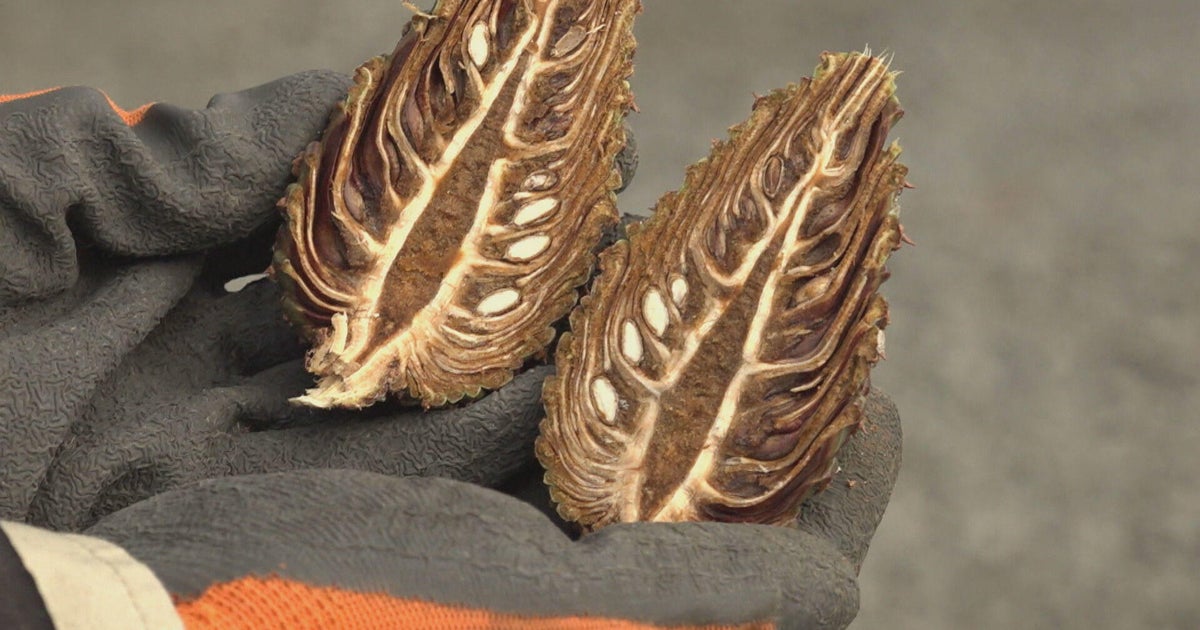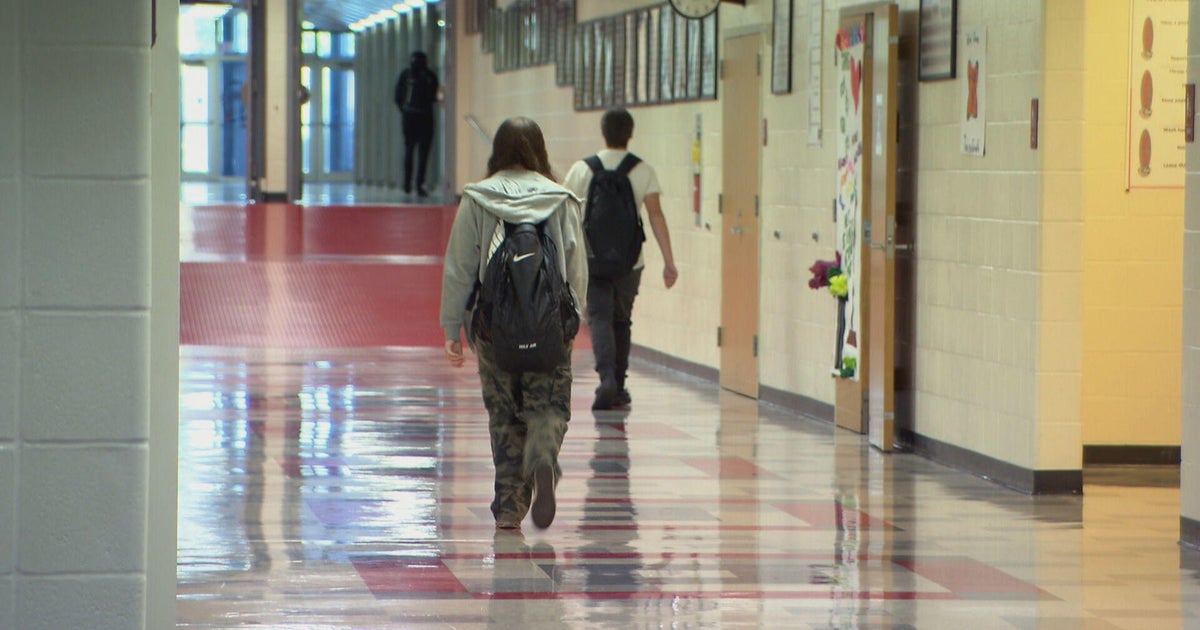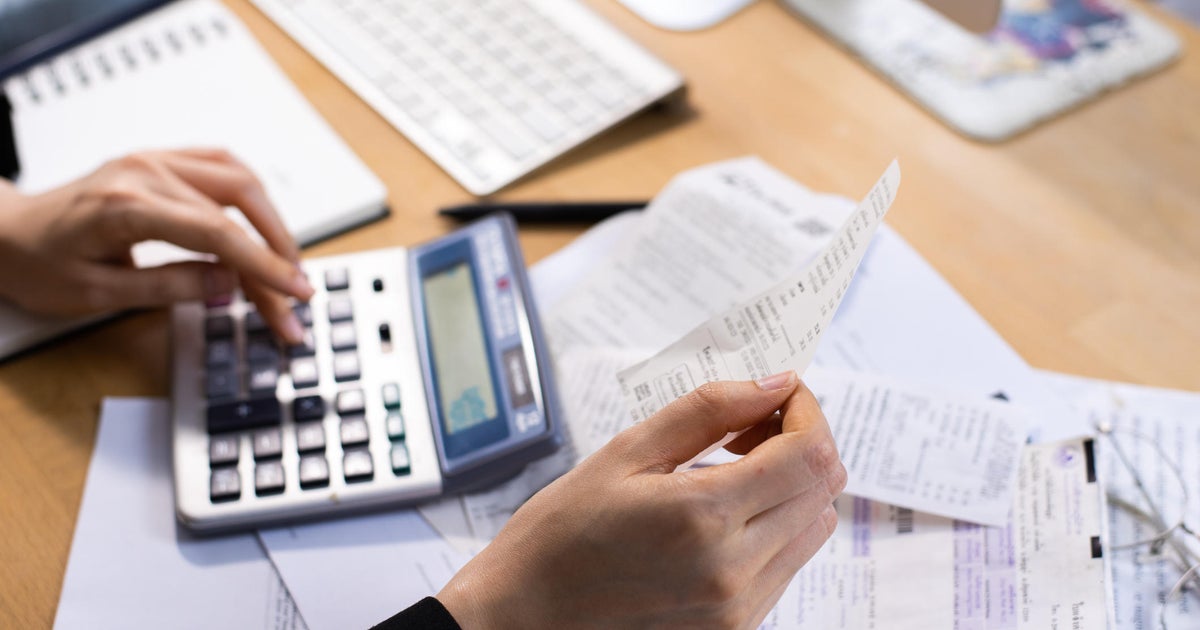With pandemic challenges, students say they fell behind
When Nathan Majeed, 17, and his classmates at Cristo Rey Columbus High School in Ohio were given a notice to stay home for three weeks at the beginning of the pandemic, there was a celebratory mood in the air. "They kind of saw it as a spring break," Majeed said. "They were excited until we started to realize kind of what was going on."
After those three weeks, Majeed said, all his classes would come to be held virtually. His teachers set up what he called a "makeshift online school" that was "definitely unstructured." Majeed said students weren't prepared for it. "Going to school online is something completely new to us. It's not what we signed up for," he explained. "We definitely prefer in-person activities [and] in-person learning."
Both of Nathan Majeed's parents were laid off in the early days of the pandemic. Majeed said he fell into a slump. He'd stay in bed for a majority of the day, isolating himself from others, and absent from his remote classes. Soon, he started missing homework assignments and noticed his grades beginning to drop. "The homework started to pile up. And with that, the grades started to fall too," he said. "It really took a big hit on my GPA… the grades were devastating."
This week on 60 Minutes, Scott Pelley spoke with young people in Ohio about the impact the COVID-19 pandemic has had on their families and their education. Students interviewed by Pelley said the switch to virtual learning hurt their chances of academic success. And in the case of one student, it prevented her from graduating.
Shawnahlee Archey, 12, whose parents also lost jobs in the pandemic, said she had a difficult time doing her schoolwork on a computer. "It's been hard, for real," she said. "It was hard for me to figure out how to do it on the computer. So, my second semester, you know, all my grades dropped," she explained. "I can't work over the screen. I need face to face help…"
Jaquara Walker-Callender was in what she called a "rough patch" during her freshmen year at Franklin Heights High School in Columbus, Ohio. She was going through a tumultuous time in her personal life, and she found it difficult to focus on school. She failed almost all of her classes that year. "I had all Fs," Walker-Callender told 60 Minutes' Scott Pelley.
Walker-Callender transferred to a new school in the second semester of her sophomore year. She had also entered into the foster care system. Then, the pandemic started, and her school, Bonner Academy of the Buckeye Ranch, had to shut down and switch to virtual learning. Walker said she struggled to learn through a computer screen and, initially, wasn't able to retake the classes she had failed previously. "I wanted to be placed in those classes that I failed. But I wasn't," she explained. "I'm just worried that I won't be able to be fully ready or graduate on time if I don't get the classes I need."
The Bonner Academy of the Buckeye Ranch is now working with Jaquara to catch up on the credits she needs to graduate. She's added a class or two to her curriculum to make up for the ones she failed. The school is also providing her with the opportunity to take online classes at a school facility, with school-provided Wifi and in-person staff support.
Makaila DePriest, 18, was on track to graduate in 2020, but the pandemic derailed her plans. Scott Pelley asked what had prevented her from graduating. "Computers," DePriest answered. "We didn't really have computers." She also didn't have access to the internet, a critical component for virtual learning. Without them, she would have to wait another year to graduate.
DePriest worked at a Wendy's restaurant while she attended class, both in-person and online, made possible by a flexible schedule at her high school, Franklinton Prep. She qualified for free internet service through a cable company, and her school was eventually able to provide her with a computer. She's completed all of her classes, and Franklinton Prep says she will graduate high school in June.
DePriest said many kids from her area chose the "wrong path" when the pandemic suspended in-person learning. She said they turned to drugs or took time off. When asked how she ended up on the "right path," DePriest credited her teachers and herself. "I had the right people pushing me in the right direction," she said. "And it took a lot of self-reflection. I needed that time, for sure."
The video above was produced by Will Croxton and Jacquelyn DiNick. It was edited by Will Croxton.





